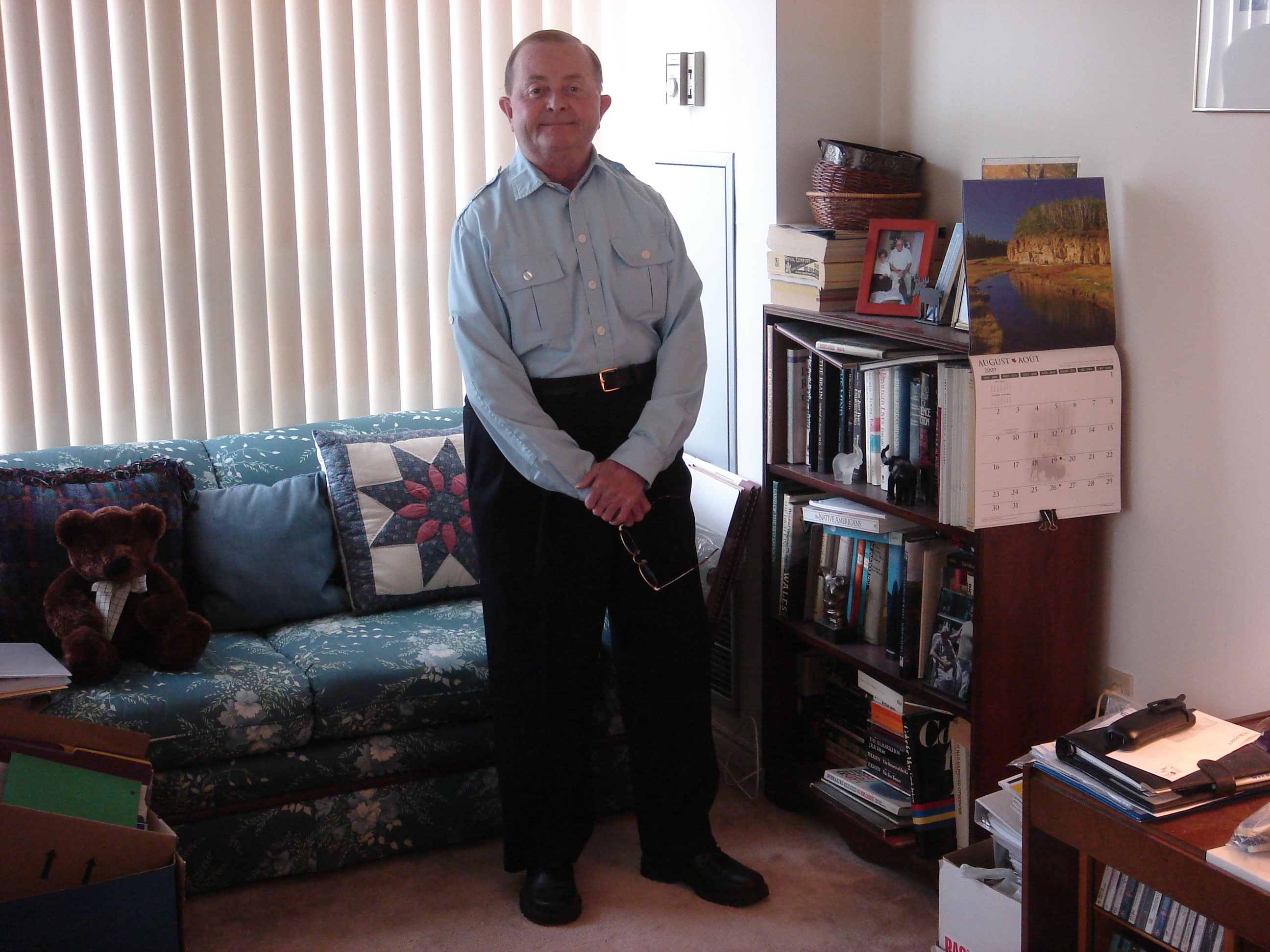What words of wisdom would you give someone interested in getting into your field?
Do as much background research and introspection as you can to be sure this is really what you want to do for a career. Also, one should get as much information as one can about the company one is considering joining and its internal environment
How important is the mentoring process in your field and to you personally?
Mentoring is very important. At least to my knowledge, here there is no such thing as a university program for training Clinical Research Scientists. I very much enjoy mentoring probably because I love teaching
How would you define “professionalism”?
When asked the same question some years ago, I fell back on some of the qualities taught in a leadership course taken in the dim past. I believe that there are basically four vital characteristics. These have often been discussed in different ways by others throughout history. Above all, one must be competent – that is absolutely essential. If one does not know what one is doing it will show in a very short time – in neon – and one’s reputation will be in the trash can. One must not defer tasks to others because one is unwilling or too “busy” to do the job one’s self. One needs to be confident so that one’s subordinates do not get that “lost” feeling, particularly during difficult times. One should never allow a subordinate to feel alone. Finally, one needs to be caring for the wellbeing and morale of the people reporting to you is at least as vital, if not more so, as your own. One should never choose to ignore someone if it is obvious that the person is having a rough go of it, regardless of the cause. One can always offer in confidence a willing ear even if one cannot suggest a solution. To all this, I would add never be afraid to put forward your own ideas but, even if one knows one’s suggestion and reasoning are absolutely correct, have the common sense not to belabour the point if is not accepted. Lastly, never as a “professional” either fresh out of university or after many years of experience think that you know everything. Believe me, you don’t! This kind of behaviour can quickly become a “career ender”
What would you do differently if you were starting out in your career now?
This I cannot answer because I prefer not to waste time thinking along those lines. I learned a long time ago it is a fruitless exercise that at best only leads to grief. There is an old saying that goes, “Three things one cannot change are the time of the tides, the stars in their courses, and the path that leads from the giving of the pledged word.” And, maybe there is a fourth item that should be added to this list for once a day is lived, no matter what happens, it cannot be changed
What would you like people to remember about your life as a scientist?
I would like people rather to remember me as a person who did his job to the utmost of his professional ability and helped others whenever they asked for assistance, even when it meant learning a new subject area to do it

